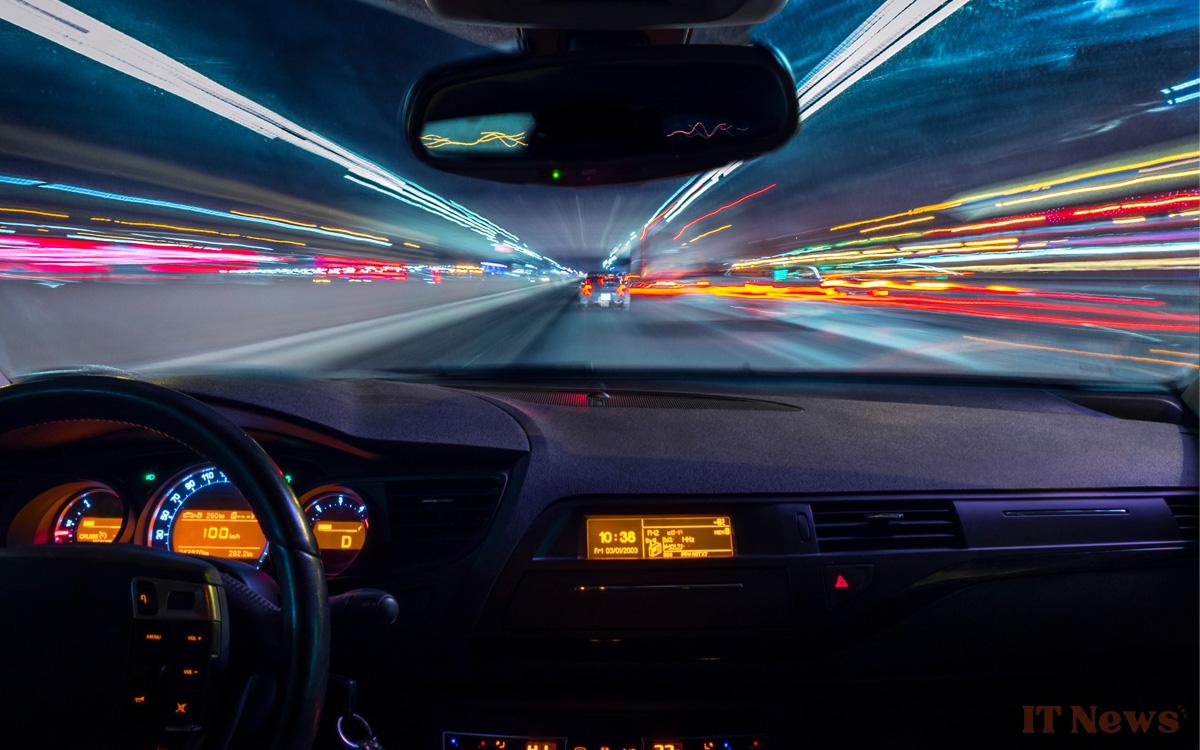Since Monday, June 2, the Bouches-du-Rhône police prefecture has authorized a private subcontractor to issue tickets to motorists on the road. Their vehicles will be in operation continuously. A first step that is likely to be emulated elsewhere in France.
After a similar decision in the Var, it is the turn of the Bouches-du-Rhone police headquarters to allow police officers to subcontract part of their road checks. France Bleu reveals that since Monday, a private operator has been able to operate two vehicles permanently on specific roads.
These vehicles, chosen for their accident-prone nature, will change over time. The vehicles in question will be unmarked and will essentially fine excessive speeding. They will be almost impossible to spot. And the prefecture is giving them the right to carry out checks continuously, 24/7. This will expand the scope of enforcement operations.
The radar cars will be almost impossible to spot
But also, the police hope, their effectiveness in getting motorists to respect the highway code. However, there is no need to fear an explosion of arbitrary fines, the police prefecture emphasizes. The precise role of the operator is strictly determined in advance. The latter is not allowed to carry out checks on roads other than the “very specific” ones to which he is sent on mission.
One of the interesting points of this subcontracting is also the remuneration rules. These must precisely guarantee effective checks. While limiting the risk that the contract will push the operator to be overzealous and impose fines on motorists who are not at fault.
To this end, the prefecture explains that the company receives a predetermined amount that does not depend on “the number of fines.” Rather, it is the number of kilometers traveled that is taken into account here, which is clearly intended to encourage the subcontractor to cover as much as possible the roads to which he is assigned.
Subcontracting road check operations should allow law enforcement, whose staff and time are limited, to give themselves some breathing space. Officers will thus be able to focus on the missions that only they have the authority to carry out: drug checks, vehicle interceptions, etc.
The other obvious advantage of this practice is that motorists will no longer be able to really spot the cars that are likely to stop them. The vehicles, which look ordinary, will circulate like other road users, and will not, a priori, show any obvious external signs. Advantages that are likely to lead other police prefectures to follow suit in the Var and Bouches-du-Rhône departments in the coming months.




0 Comments